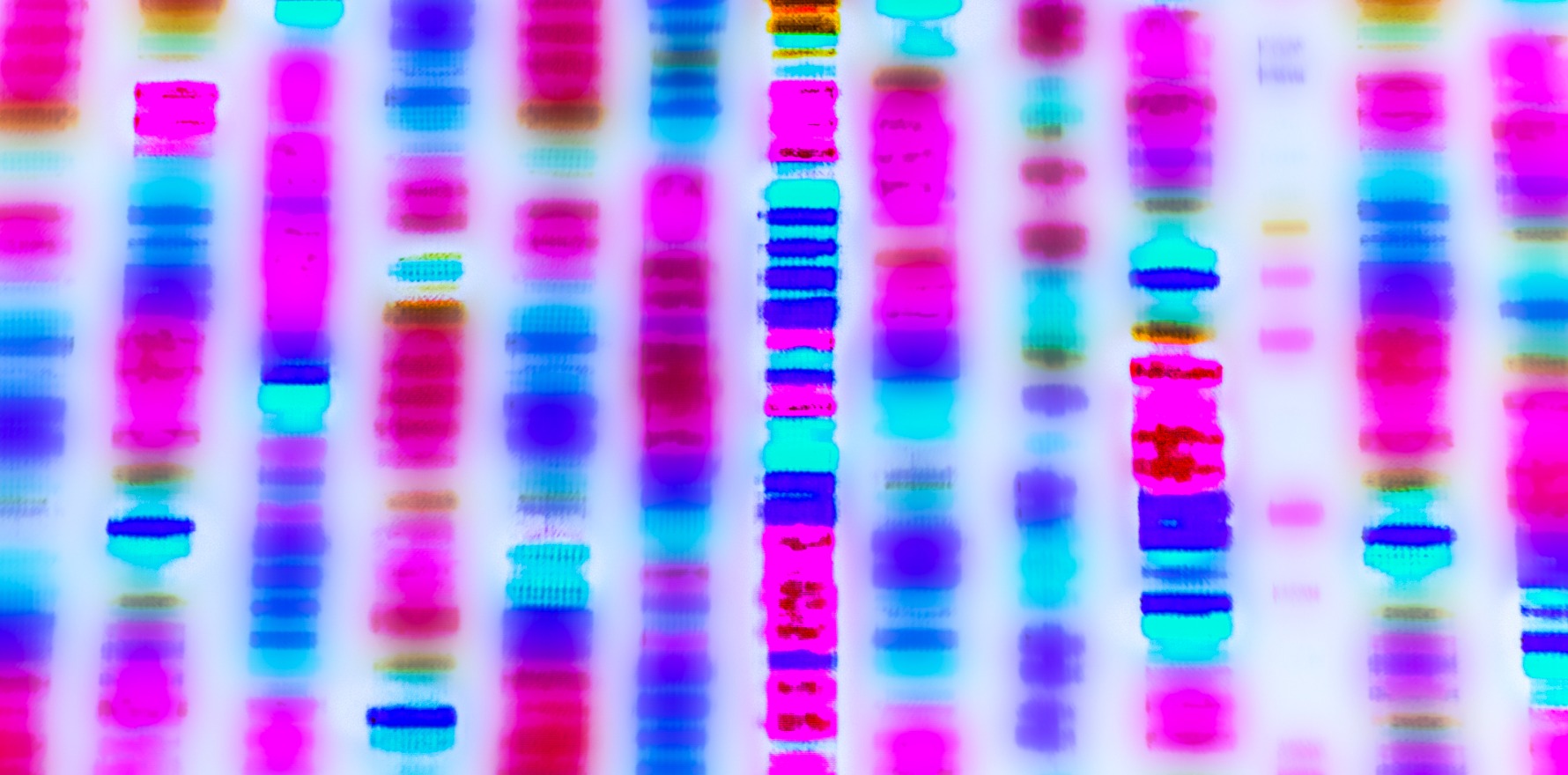In the wrong patient a drug can be futile or even fatal. Pathologists want to lower the barriers to pharmacogenomic testing.
Pharmacogenomic testing (PGx) can greatly improve the efficiency of medication use and spare patients from severe adverse effects, but cost and lack of awareness are standing in the way, says the pathologists’ college.
Lack of effect, toxicity and severe immune reactions are the three main ways in which a patient may fail to benefit or suffer harm from medication due to a genetic variant.
The Royal College of Pathologists of Australasia has two applications currently before MSAC for subsidised typing of two genes: DPYD, which produces the DPD enzyme necessary to metabolise fluoropyrimidines in chemotherapy; and HLA, some of whose variants can lead to an extreme and often fatal reaction to epilepsy drug carbamazepine, SJS/TEN (Stevens-Johnson syndrome/toxic epidermal necrolysis).
At the RCPA’s International Pathology Day event last Wednesday, researchers said while the lack of Medicare rebates for most genotyping tests – which may cost up to $200 – did present a significant barrier for some patients, clinicians should still discuss the option and never assume a patient cannot or will not pay.
The RCPA keeps a page of indications for pharmacogenomic testing and other useful information for prescribers on its website. The drugs most strongly indicated are:
- abacavir
- allopurinol
- azathioprine
- capecitabine
- carbamazepine
- clopidogrel
- fluorouracil
- mercaptopurine
- oxcarbazepine
- phenytoin
- thioguanine
- voriconazole
Drugs where testing might be considered are citalopram, codeine, nortryptaline, tamoxifen, tramadol and warfarin.
Dr Lan Nguyen, chemical pathologist at the Children’s Hospital at Westmead, said PGx testing could be reactive, to investigate why a drug hasn’t worked or produced adverse effects – “obviously not ideal”; proactive, when a drug is being considered for a patient, to determine safety and dosing; or pre-emptive, when a drug is not being presently considered but may be in the future.
She said some labs offered speciality-specific gene panels, which was more cost-effective.
“Ordering a pharmacogenomic panel test is quite straightforward,” Dr Nguyen said. “It can be ordered by any medical practitioner. It can be requested on any pathology request form … It’s really important to provide a medication list and the indication for testing so that the report ultimately is tailored to these factors.”
The two limitations, she said, were that genes were only one of several possible contributors to a poor drug outcome, and that much of the work had been done in Caucasians, so tests weren’t optimised for Australia’s mixed population, especially First Nations people.
Professor Luke Hesson, vice-chair of the Australasian Society for Diagnostic Genomics and co-chair of the RCPA’s pharmacogenomic advisory committee, as well as a senior genetics scientist with Douglas Hanley Moir, said about 55% of PGx requests currently came from GPs, with oncologists and psychiatrists most prominent among the requesting non-GP specialists.
Professor Hesson said those who might benefit from HLA testing before they went on carbamazepine included around 16,000 people with epilepsy and a further 10,000 people with bipolar disorder or trigeminal neuralgia.
While it was more controversial in psychiatry, he said, PGx testing could be useful in reducing the protracted period of experimentation where clinician and patient are trying to find an antidepressant that works.
Dr Sophie Stocker, pharmacy lecturer at the University of Sydney and honorary senior hospital scientist at St Vincent’s, Sydney, said: “There are certain medicines or therapeutic classes that patients are less likely to respond to because they carry a particular genetic variant. That information can be really helpful in informing the decision about which SSRI or tricyclic antidepressant you might prescribe in a particular patient, and it reduces that trial and error period, particularly early on, to ensure that a patient achieves remission or at least a reduction in their depression or anxiety symptoms as quickly as possible.”
She gave three examples of useful genotyping: HLA-B*5701 before prescribing the antiretroviral abacavir for HIV, to avoid serious hypersensitivity (this test is Medicare-rebated); DPYD before fluorouracil, as a cancer patient deficient in DPD will fail to metabolise the drug, leading to a toxic build-up and side effects such as myelosuppression, diarrhoea and mucositis; and CYP2C19 before clopidogrel for secondary MI prevention, where a deficiency means the active metabolite isn’t produced and its anti-platelet effects aren’t achieved.
“Since implementing HLA-B*5701 testing in Australia, as well as elsewhere in the world, we’ve seen this really dramatic reduction in patients experiencing this hypersensitivity reaction to abacavir,” Dr Stocker said.
In the case of clopidogrel and CYP2C19, “there’s extensive evidence to show that doing the genetic testing is not only cost-effective, but also cost-saving in some jurisdictions”.
Related
Dr Cassandra White, medical oncologist at Maitland and Muswellbrook Hospitals in NSW’s Hunter Valley, said some 17,000 Australians received fluoropyrimidine chemotherapies for solid tumours every year, either oral capecitabine or intravenous fluorouracil.
Up to 30% experienced severe side effects requiring hospital presentation, with 1% dying; about half of those severe side effects were due to deficiency of the DPD enzyme, which is hard to test for in blood directly.
Dr White and colleagues completed a feasibility study last year, the GENESCREEN 5-FU trial, to show the benefit of PGx-guided chemotherapy dosing to reduce toxicity. They have just begun recruiting for a full prospective study across 22 sites, which will aim also to show cost-effectiveness in the Australian setting.
This trial will hopefully help build an evidence base to justify making pre-treatment PGx testing routine, as it already is in Europe.
“We really want to try, along the way, to tailor the DPYD variants that we are testing to the Australian population as we have limited information about non-Caucasian Australians,” Dr White said.
As an example of that, Professor Hesson said HLA-B*1502 was tested for in Caucasians to avoid SJS/TEN from carbamazepine. But First Nations people had a high prevalence of different alleles that also predisposed them to that reaction, which were not tested for.
This story has been edited to correct Professor Luke Hesson’s job title at Douglas Hanley Moir.





